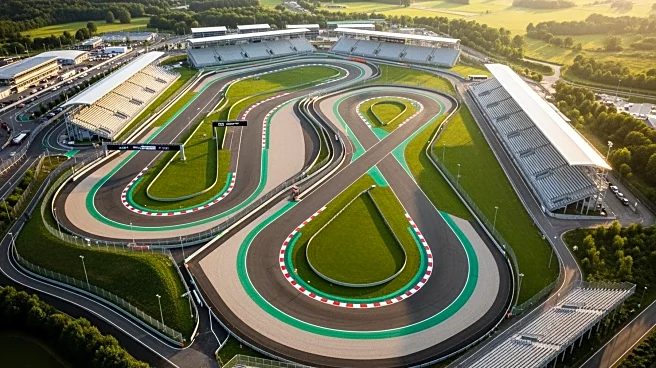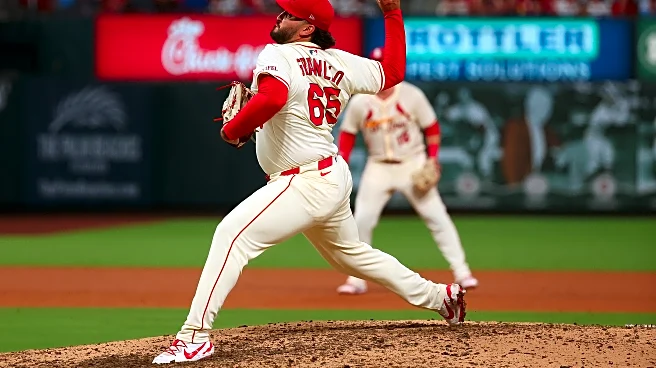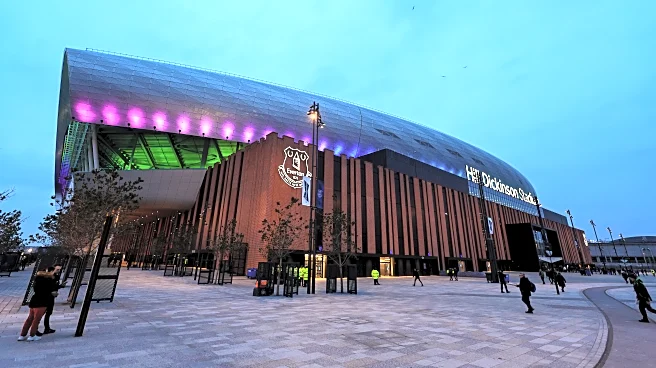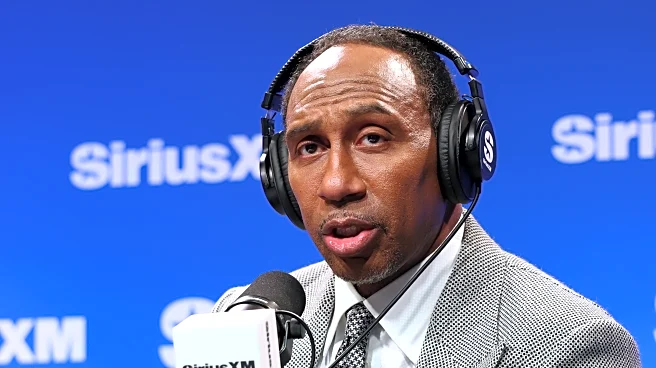Rapid Read • 6 min read
A recent report highlights that Gen Z, particularly those aged 21 to 28, are contributing minimally to U.S. alcohol sales, accounting for only 3.6% of the market. Contrary to popular belief, this trend is not driven by wellness or alternative substance preferences but by economic factors. Gen Z faces financial challenges such as high rents, inflated grocery bills, and stagnant wages, leading them to prioritize savings over alcohol spending. Industry analysts are debating whether this is a temporary recession-era trend or a long-term shift in the $88 billion U.S. alcohol market.
AD
The decline in alcohol consumption among Gen Z has significant implications for the U.S. alcohol industry, which may need to adapt to changing consumer behaviors. This trend could lead to a reevaluation of marketing strategies and product offerings to cater to younger consumers' financial realities. While some industry leaders remain optimistic about Gen Z's future spending potential, the current economic constraints highlight broader issues of affordability and financial stability affecting this generation.
Industry leaders anticipate that Gen Z's alcohol spending will increase as they enter their prime earning years, around age 35. Companies like Brown-Forman are optimistic about long-term growth, expecting Gen Z's consumption patterns to evolve with age and financial stability. The industry may focus on creating affordable and appealing options to attract younger consumers in the meantime.
AD
More Stories You Might Enjoy











